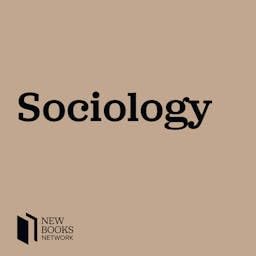A Light in the Tower argues that excellent education and radical support for mental health struggles can coexist, and provides detailed advice for how to do so. Dr. Katie Rose Guest Pryal debunks claims that supporting student mental health harms educational rigor (coining the term “rigor angst” to discuss the fear that rigor is declining). She outlines actionable steps professors and administrators can take, including abandoning ableist and exclusionary campus culture; replacing “bad-hard” work that creates unnecessary logistical difficulties for students in favor of “good-hard” work that challenges them intellectually; providing an easy path to disability accommodations; and teaching accessibly for neurodivergent students. Dr. Pryal examines the anxiety that plagues campuses as a result of exploited and overworked contingent faculty and students, the systemic and institutional burnout that affects higher education at every level, and the market-driven culture of toxic overwork. Addressing the stigma that haunts mental disability on campus, the ableism that hounds our teaching, and the cascade of mental health struggles that far too many faculty and students face, Dr. Pryal provides straightforward solutions to complex challenges. Our guest is: Dr. Katie Rose Guest Pryal, who is an author, neurodiversity expert, and adjunct professor of law at the University of North Carolina at Chapel Hill. She is the author of A Light in the Tower, and other works including the award-winning Even If You’re Broken: Bodies, Boundaries, and Mental Health. Our host is: Dr. Christina Gessler, who is an academic writing coach and editor. She is the producer and creator of the Academic Life podcast. Playlist: Sitting Pretty Navigating the pandemic in college Designing & Facilitating Workshops With Intentionality A Pedagogy of Kindness How To Organize Inclusive Events and Conferences Contingent Faculty and the Remaking of Higher Education The Power of Play in Higher Education Disabled Ecologies Teaching While Nerdy Welcome to Academic Life, the podcast for your academic journey—and beyond! Please join us again to learn from more experts inside and outside the academy, and around the world. Missed any of the 300+ Academic Life episodes? Find them here. And thank you for listening! Learn more about your ad choices. Visit megaphone.fm/adchoices Support our show by becoming a premium member! https://newbooksnetwork.supportingcast.fm/sociology
Show More
Show Less
 Mar 2 20261 hr and 1 min
Mar 2 20261 hr and 1 min Feb 28 202656 mins
Feb 28 202656 mins 55 mins
55 mins Feb 27 20261 hr and 9 mins
Feb 27 20261 hr and 9 mins 1 hr and 3 mins
1 hr and 3 mins 1 hr and 19 mins
1 hr and 19 mins 37 mins
37 mins 1 hr and 1 min
1 hr and 1 min
